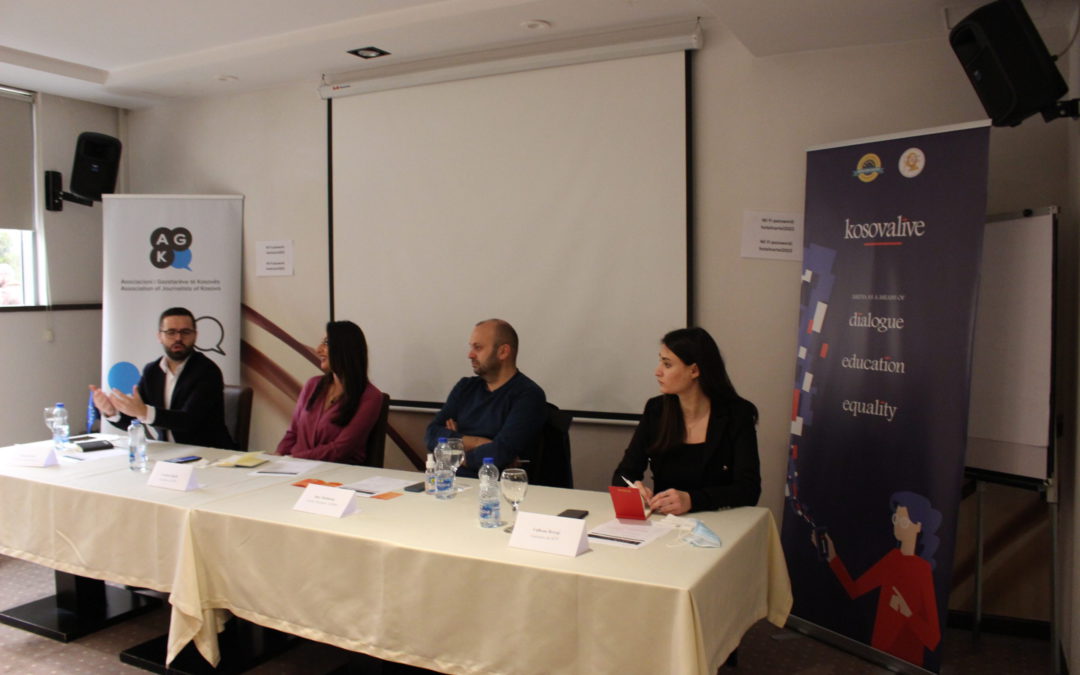The Agency for Prevention of Corruption, supported by the European Union in Kosovo, launched today a public information campaign promoting its role in controlling the declaration of assets by officials, preventing a conflict of interest, and investigating whistleblowing reports.
The campaign dubbed FOR THE CORRUPTION-FREE KOSOVO, which calls on the public to report corruption, is being launched following the adoption of new laws that strengthened the mandate of the Agency and gave it additional powers and tasks, including direct sanctioning of officials and corruption proofing of the legislation.
“The new legislation both clarifies the preventive mandate of the Agency and equips it with substantial corruption prevention tools. Further, the role of the EU presence in Kosovo in relation to anticorruption efforts of Kosovo institutions is crucial,” said the Director of the Agency for Prevention of Corruption, Yll Buleshkaj.
With the support of the European Union in Kosovo, the campaign will include five videos and a brochure providing information about the mandate of the Agency, ways the public can report corruption, and fines and sanctions officials and institutions may face if not respecting the law.
“The EU is supporting Kosovo in the fight against corruption to help bring it closer to the Union. Ensuring the rule of law is our common goal, and we will continue to support the work of the Agency for Prevention of Corruption, including through this campaign,” said the EU Ambassador in Kosovo, Tomas Szunyog.
“We were happy to welcome the adoption by the Assembly of Kosovo of several laws key to the prevention of corruption earlier this summer, including the Law on Agency for Prevention of Corruption, and the Law on Asset Declaration. Both these laws are part of Kosovo’s European Reform Agenda. Now is the time to fully implement them and allocate to the Agency all the resources it needs to implement its mandate.”
The EU in Kosovo is working with both legislative and executive institutions to help align Kosovo laws and practices with those of the EU as part of the EU integration process.








